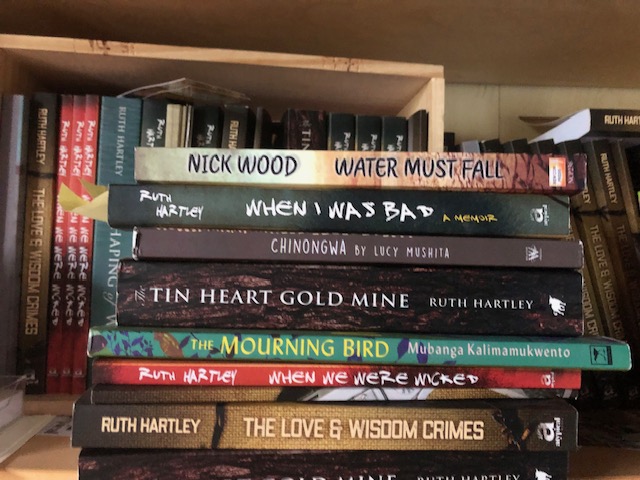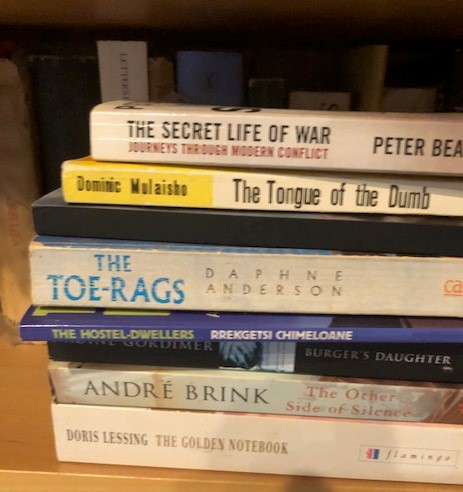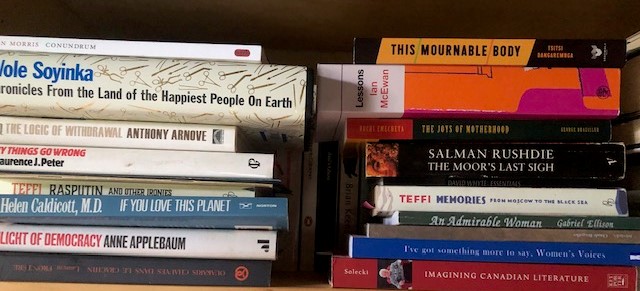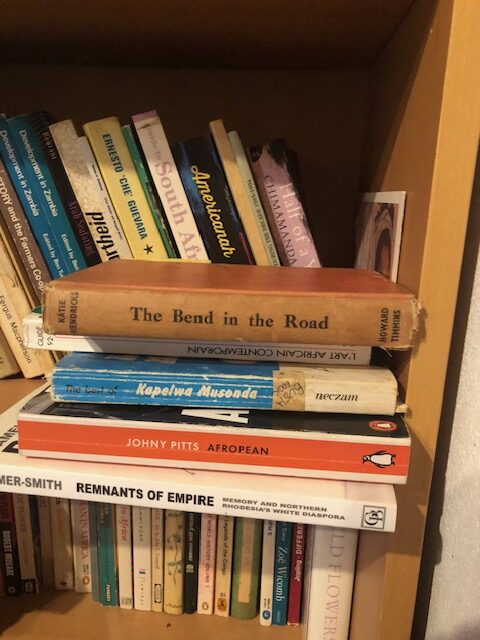
Ah – this was a fun coincidence. I was starting a post about my books when this article by Jacob Brogan appeared in The Washington Post. He writes about Joseph Epstein, an eminent American literary critic, who has written a book that asks if we need novels. Well – I need novels – good ones of course – and I want you to read mine naturally – and they are good. Epstein needs novels. He suggests that novels guarantee our access to a “more complex view of life, its mystery, its meaning, its point.” – and yes – my novels do that! That is why I wrote them and why you’ll enjoy them. However, I’m moving the discussion onto why the writer writes – not only to “improve” the mind of the reader ( if that is not an irony and a joke!)but because stories matter and must be told not just for the reader’s sake but for the writer’s sake too. Do we find our friends, mentors, soulmates and maps to our world inside novels? Is this why we need them?

Why do we tell stories?
Why do we look for personal meaning in songs and in art, in poetry and in prose? Is story-telling the way humans create themselves and build an identity? Why do we feel we don’t have any substance if nobody speaks to us, and nobody listens to us or touches our hearts? Why do we need to believe in elaborate myths and histories to provide us with reasons for our very existence while also protecting us from inevitable extinction? Why do we need to express ourselves and find our own “voice”?
Philosophical thoughts

We are told that all we have is the present. That we must live in the now and remain mindful. A few days ago, I opened my MA thesis, and I was again struck by the various concepts expressed in it by Haraway, Ettinger, Battersby and Kristeva about the liminality of our human nature always in flux and changing and our partial perspectives of identity and meaning that Haraway refers to as – “situated knowledge. We search for an anchor for ourselves but find that it chains us to the prison of a proscriptive time frame. In reality, we live inside our attachments to, and our communication with other people and we don’t survive isolated inside our bony skulls.
The stories behind my stories

Every person is many confused stories making links to other stories. Every story that begun with “once upon a time” and ended with “ever after” is retold and reinvented, begins again an infinite number of times and then continues as a never-ending story. Every story we write is a weave of our sinews, blood vessels, nerves and thoughts joined together in our lived experience and from both imagined futures and the hindsight of the now. All our stories are unique. All our stories are the same – they are quests for ourselves in a conflicting cacophony of stories with different voices. Jacob Brogan responds to Epstein by saying “Art need not always arrive under the aegis of education; it can simply dance for our delight.” That is what art does anyway and anyhow. We are all, however we do it, simply dancing and singing because we’re unable to take the Red Shoes from our feet.
My stories explained in my next blog
I’ll expose the stories behind my stories in as far as I am able.
One Comment on “What are novels for?”
Definitely true!